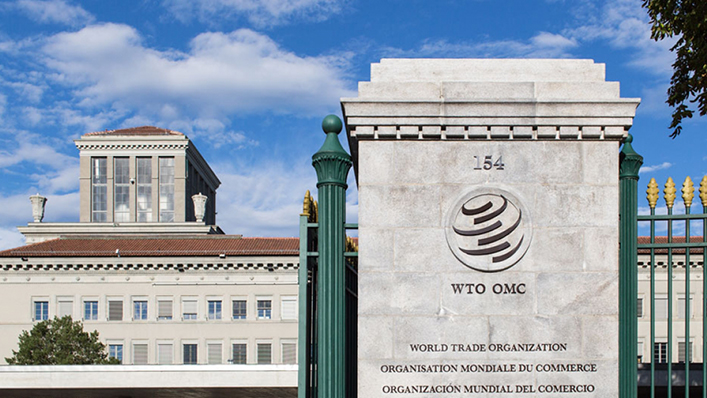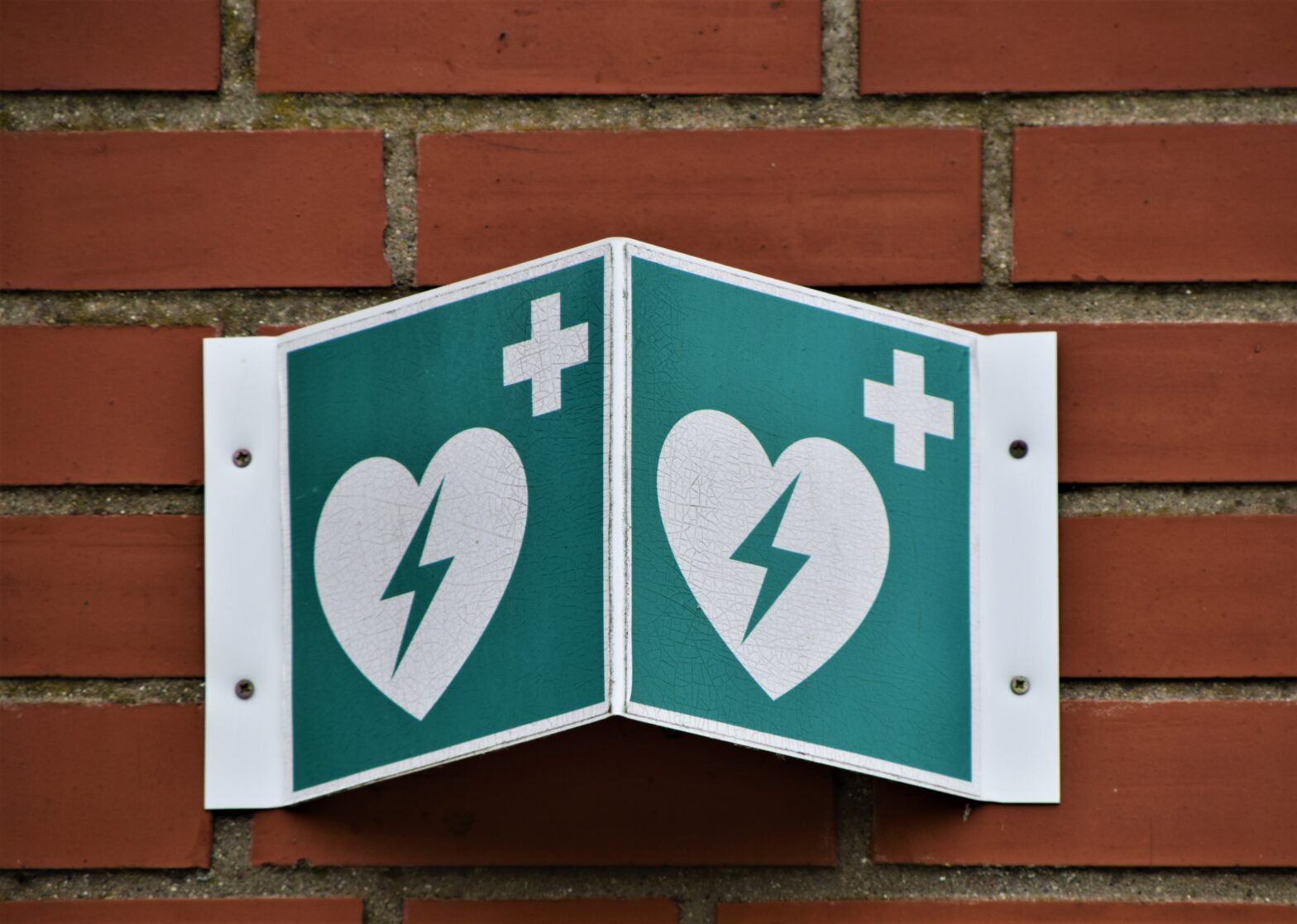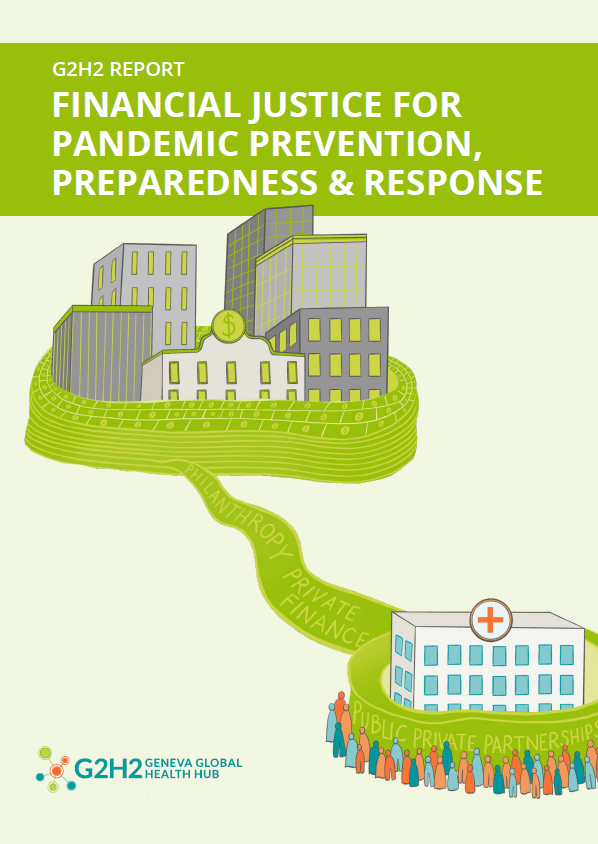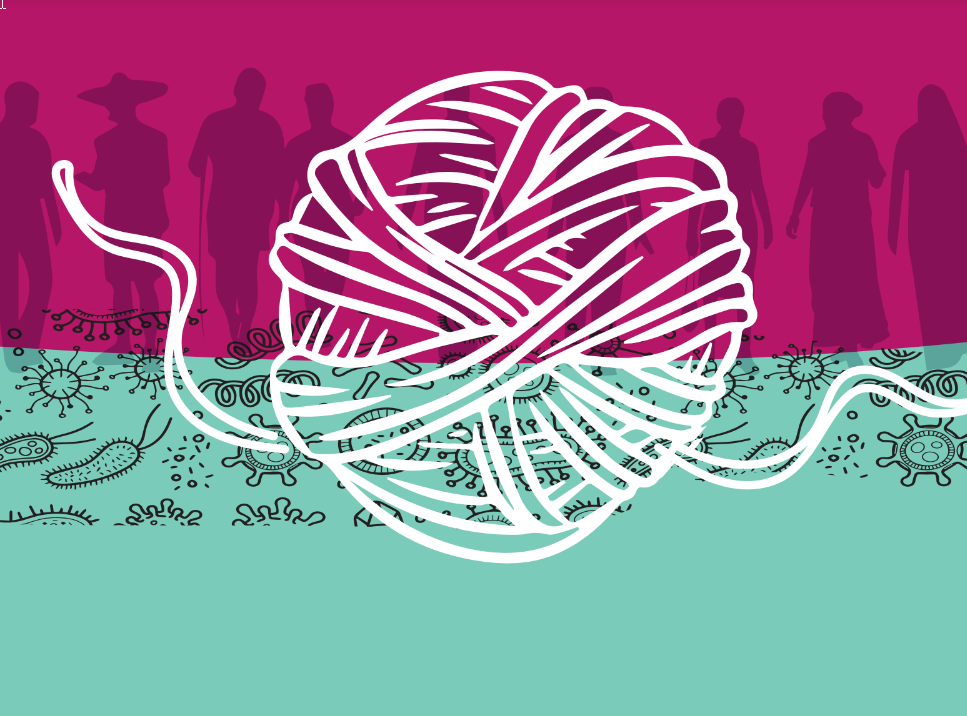Share Twitter Facebook Email Copy URL
The Rejection of International Law
The frantic and extremely disappointing outcome of the MC12 at the WTO sets a gloomy precedent for the dynamics of multilateralism. The fury to deliver something, no matter what, left lots of diplomatic debris in Geneva, with consequences for the entire agenda under discussion, but mainly, in terms of the demand for the suspension of intellectual property rights submitted by India and South Africa on 2 October 2020 to the World Trade Organization (WTO), the so-called TRIPS Waiver, aimed at increasing the effectiveness of the response to the Covid19 pandemic.
After months of deafening silence, the topic of the TRIPS Waiver took centre stage again during those lengthy days of talks, over which intimidation loomed large, taking various forms across the WTO headquarters, against the background of a city of Geneva shut down for the arrival of the ministers of trade and the demonstrations from civil society gathered there for the occasion. The latest ministerial conference ‘in presence’ took place four years ago in Argentina. An agreement in favour of the proposal from India and South Africa, even if reformulated, was considered essential, in light of current circumstances, between the COVID-19 pandemic and the probable arrival of new international emergencies (indeed, monkey pox is currently being discussed at the WHO Emergency Committee). The long international debate which has revolved for almost two years around the Waiver proposal has brought new life to the WTO, restoring its prominent role, which had been challenged by years of negotiating impasse on international trade. But this did not happen. The text of the final declaration was publicly announced without the delegations having had the chance to review or validate it, as several delegates informed us. The agreement reached safeguards the privileges of the world’s elites to the detriment of the countries of the south of the world. And not just with respect to intellectual property. The Director General Dr Ngozi Okonjo-Iweala, participating in person for the first time, was very influential. From her opening speech, she condemned, without hesitation, the stalemate at the WTO over the last twenty years, setting out the urgent need for a change of pace, extending to include a reform of multilateralism, to the benefit of what she called a plurilateral model. Thus, merely for the purpose of showcasing an outcome acceptable to a small number of media outlets such as Bloomberg, which announced to the world that a historic agreement had been reached, the DG silenced the restless delegations from her own continent (according to first-hand accounts), allowing the hegemony of a tiny number of member states and their industries to prevail over common sense and common interest, effectively forcing a consensus which wasn’t there.
At the beginning of 2021, when the entire world was in the grip of the virus and waiting for vaccines, the intellectual property monopoly through which Big Pharma controls scientific knowledge in the medical field sparked outrage in public opinion and the press, in a very similar manner to what had happened two decades earlier with the scandal involving antiretroviral drugs against HIV/AIDS. Thus, the TRIPS Waiver idea had been very much welcomed. The proposal from India and South Africa had won strong, widespread support and even reached, somewhat surprisingly, major TV talk shows, the latter not usually being particularly interested in dealing with globalisation issues which, structurally, lead to inequalities and breaches of fundamental rights. This spark of attention on the negative external effects of the patent monopolies which govern the knowledge business appeared like a promise of a change which Covid-19, despite all its victims, could have brought about. However, as soon as the Western world completed its hoarding of vaccines against SARS-CoV-2 and moved forward with vaccinations – with the administration of a third dose for a large part of the population, and the beginning of a fourth dose for those more at risk – the issue of the suspension of intellectual property returned to being a topic discussed solely within the circles of professional civil society, a niche issue, subject to press silence at all costs, as a result of the pathological enslavement to the industrial and philanthropic lobbies which have cleverly forged the rules of the game against Covid-19 and are stubbornly opposed to the Waiver.
Thus, for a year now, no one has heard any more about the proposal aimed at liberating scientific knowledge and making it a common good, to which access is granted, thanks to the exemption from monopolies, in order to invent technologies and produce remedies against Covid-19. Even being able to talk about it again has proven difficult, both at the political level as well as in the media, since the diplomatic grip of the few hostile delegations has shut down any possibility of mediation in favour of the right to health. The ideological argument of the indispensable role played by intellectual property in producing innovation had returned again and was being repeated in a succession of interviews and statements, but which nonetheless lacked any scientific evidence and contradicted all epidemiological common sense. The dogma was not to be undermined. The worry was that this would become a precedent, even if a looser grip over scientific knowledge for a few years could have done a world of good, in terms of improving the quality of science and meeting the needs of the world, even in rich countries. The fact that this is just dogma is proven by the associated level of frantic activism within the international community, under the pressure of the West, in trying to find improbable alternative agreements, with the blessing of the G20, and avoid any moratorium on the TRIPS treaty.

And yet, as we never tire of repeating: we are talking about an opportunity provided for by international law (Marrakesh Treaty), and a measure which is supported by the vast majority of WTO members and several European parliaments. More than 700 national members of parliament have repeatedly voted in favour of the Waivers (such as in Italy, for example), and in fact the European Parliament has passed two majority resolutions in favour of the proposal. This is a solution that is also supported by a very large number of international organisations, by the scientific and medical community, the world of economics, as well as Nobel laureates including Joseph Stiglitz. Even Pope Francis has repeated many times that organising science as a field for the common good and not for private profit is an urgent necessity.
In brief, the humble proposal of India and South Africa was sought a new direction. It was opposed, until the end, by the European Commission, Switzerland and the United Kingdom. The United States, after accepting, on 5 May 2021, in principle, the idea of a waiver restricted to patents and only for vaccines, pretended to be indifferent, leaving only the most stubborn to push it forward; when they got into the thick of it, it was just to add geographical conditions, eligibility criteria especially aimed at excluding China and to make sure that the mediation did not include other essential products used in the fight against Covid19 (diagnostic, therapeutic, medical tools such as respirators, ventilators, etc.). From 2 October 2020 to 17 June 2022, a grim succession of formal and informal meetings took place in Geneva and in the capitals with the aim of stalling and exhausting the same proponents of the TRIPS Waiver, in a cynical game that, as always, involved trade-offs with other topics on the WTO agenda.
India and South Africa were overwhelmed. On the eve of the ministerial conference, a four-way ambiguous compromise was reached with the US and the EU (QUAD Compromise), providing, in practice, for the introduction of new obligations and even more restrictive TRIPS+ procedures. A joke, indeed. Since then, there has been a succession of texts – including one by DG Okonjo-Iweala – which have progressively destroyed the idea of the waiver and the practices of multilateralism. These were the result of discussions behind closed doors in the Green Rooms, only known to WTO veterans, with just a few invited countries, and excluding the majority of delegates, even Indonesia, president of the G20 (on the TRIPS Waiver).
The business of scientific knowledge and the legalised mechanisms of the ‘appropriation of science’ (as claimed by well-known economists) by Big Pharma, even when innovation is generated through public funding (such as, but not only, in the case of COVID19), has created a battlefront between the north and the south of the world. Indeed, just like war, it also causes casualties, and over 15 million people have lost their lives to COVID19, according to recent estimates by the WHO; 12 million people died of HIV/AIDS between the 1990s and 2000s in Africa, despite the availability of antiretroviral therapy, according to current CDC Africa director Ahmed Ouma Ogwell.
On this frontline, multilateralism has emerged in tatters, a dialogue between the deaf, with no ability to grasp the pleas for change and creatively devise mediation strategies that are actually able to meet the challenges of future health crises. The forced consensus arrived at in those few days seriously endangers the health of inter-governmental democracy, in addition to the very health of humanity. The intimidating tactics against the countries of the global south orchestrated by the WTO’s African leadership, as denounced on several occasions by the delegates through the voice of civil society, do not bode well for future pandemic scenarios. In the past, the delegations from the south of the world would have left the negotiating table, as they did in Seattle, to join civil society in claiming their rights. This time, it did not happen, for many reasons. Ultimately, because globalisation today is much more oppressive than it was in 1999, and diplomacy is much more rhetorical and farcical. After nineteen months of joint struggle for the temporary suspension of intellectual property rights, all that remains are two and a half years of pandemic, characterised by the scandalous subjugation to the monopoly strategies of the pharmaceutical industry. Leaving the latter, now, after COVID19, even more powerful.
Nicoletta Dentico is a journalist and a senior policy analyst in global health and development. After directing Médecins Sans Frontières (MSF) in Italy, she played an active role in the MSF campaign on Access to Essential Medicines. She worked as consultant of the World Health Organization and she currently leads the global health programme for the Society for International Development (SID).



